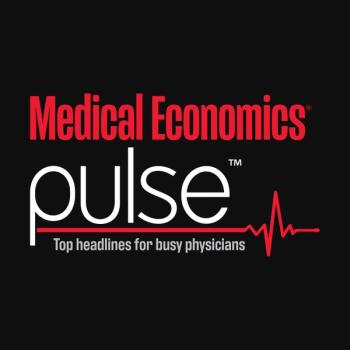
Medical Economics Pulse is a quick-hitting news podcast that keeps busy physicians in the know. Here are your headlines for March 14, 2025.

Medical Economics Pulse is a quick-hitting news podcast that keeps busy physicians in the know. Here are your headlines for March 14, 2025.
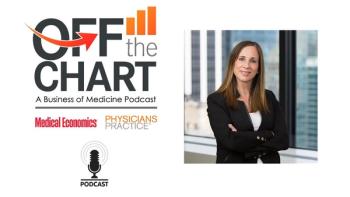
Ericka Adler, JD, of Roetzel & Andress, joins the show to discuss factors you should consider before selling your practice.
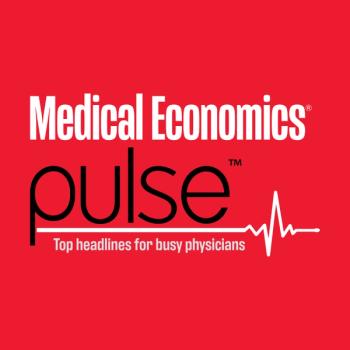
Medical Economics Pulse is a quick-hitting news podcast that keeps busy physicians in the know. Here are your headlines for March 7, 2025.

Medical Economics Pulse is a quick-hitting news podcast that keeps busy physicians in the know. Here are your headlines for March 5, 2025.
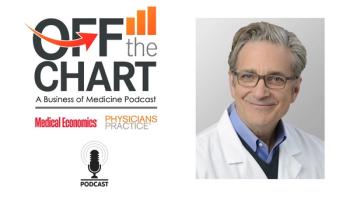
Norman K. "Kip" Beals III, MD, joins the show to discuss the evolving landscape of health care reimbursement — and how physicians can weather the storm.

Medical Economics Pulse is a quick-hitting news podcast that keeps busy physicians in the know. Here are your headlines for February 28, 2025.

Medical Economics Pulse is a quick-hitting news podcast that keeps busy physicians in the know. Here are your headlines for February 26, 2025.
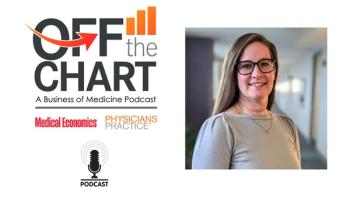
Andrea Greco, SVP of health care safety at CENTEGIX, talks about keeping practices safe — and how failing to do so can impact patient care.

Medical Economics Pulse is a quick-hitting news podcast that keeps busy physicians in the know. Here are your headlines for February 21, 2025.

Medical Economics Pulse is a quick-hitting news podcast that keeps busy physicians in the know. Here are your headlines for February 19, 2025.
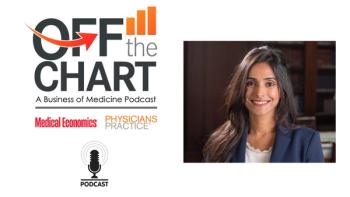
Yashaswini Singh, PhD, MPH, a health care economist and assistant professor at Brown University's School of Public Health, discusses her recent research article on private equity and hospital consolidation in primary care.

Medical Economics Pulse is a quick-hitting news podcast that keeps busy physicians in the know. Here's your headlines for February 14, 2025.

Medical Economics Pulse is a quick-hitting news podcast that keeps busy physicians in the know. Here's your headlines for February 12, 2025.
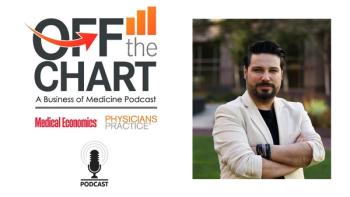
Ferhat Dikbiyik, chief research and intelligence officer at Black Kite, talks cybersecurity and the evolving threat of ransomware gangs.

Medical Economics Pulse is a quick-hitting news podcast that keeps busy physicians in the know. Here's your headlines for February 7, 2025.

Medical Economics Pulse is a quick-hitting news podcast that keeps busy physicians in the know. Here's your headlines for February 6, 2025.
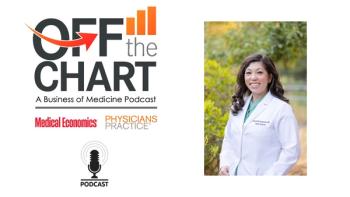
Maryal Concepcion, MD, FAAFP, the owner and CEO of Big Trees MD, shares her experience with direct primary care.
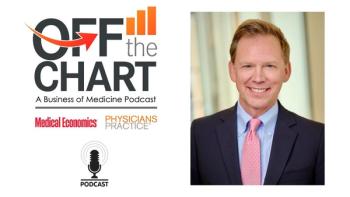
Anders Gilberg, senior vice president for government affairs with MGMA, joins us to discuss the second Trump administration and MGMA's policy wishlist.
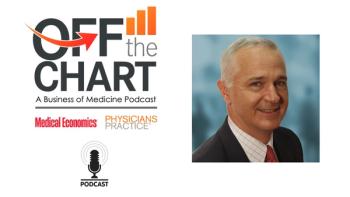
Peter H. Reilly, North American health care practice leader and chief sales officer at HUB International, joins the show to discuss risks that medical practices face in the year ahead.
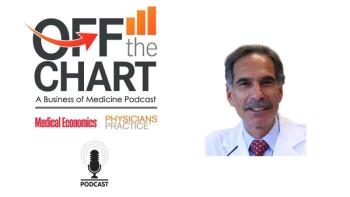
Robert Kushner, MD, professor of medicine and medical education at Northwestern university joins the show to talk about the latest advancements in treating obesity.
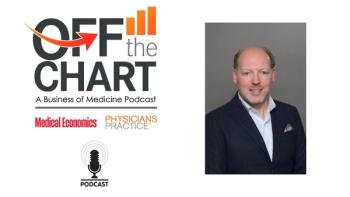
Psychiatrist Richard Miller, MD, of Elwyn Adult Behavioral Health in East Greenwich, Rhode Island, discusses how to talk to patients about health information they get from social media.
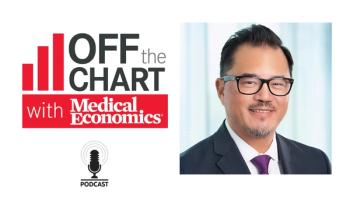
Jay w. Lee, MD. MPH, FAAFP, board member at the AAFP and medical director at Integrated Health Partners of Southern California, discuss how to overcome vaccine hesitancy in patients.
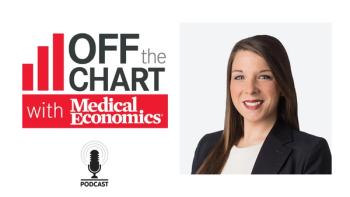
Emma Schuering, JD, of the Polsinelli law firm discusses non-compete agreements in health care.
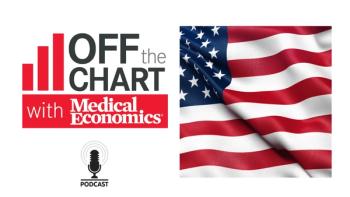
Our guide to getting elected to office and what happens once you get there.
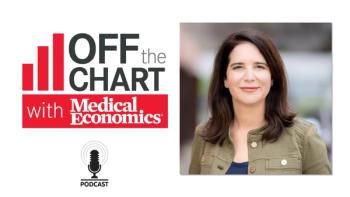
Eve Cunningham, MD, chief of virtual health and digital care at Providence and founder of MedPearl, joins the podcast to discuss challenges with patient management and workflow.
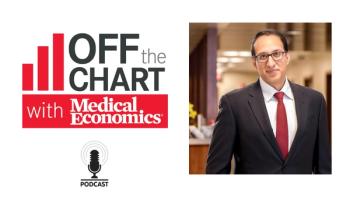
Roger Kapoor, MD, author of "Work Happy," joins the podcast to discuss what causes burnout and how to counteract it.
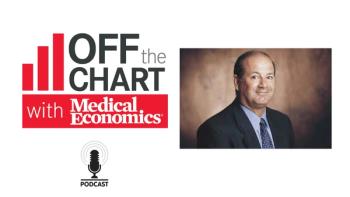
Bob White, president of The Doctors Company, joins the podcast to discuss current trends in the world of malpractice litigation.
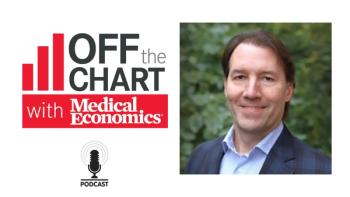
Scott Dewey, chief managed care officer at PayrHealth, joins the podcast to discuss the best strategies for negotiating with payers.
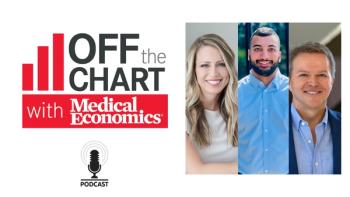
A preview of this year's Tri-State Healthcare Leaders Conference with session leaders.
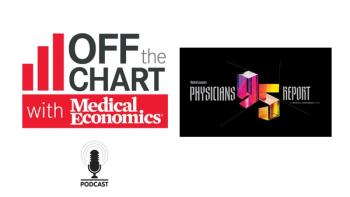
Medical Economics Editorial Director Chris Mazzolini joins the show for a special episode looking at the results of the 95th Physician Report survey.